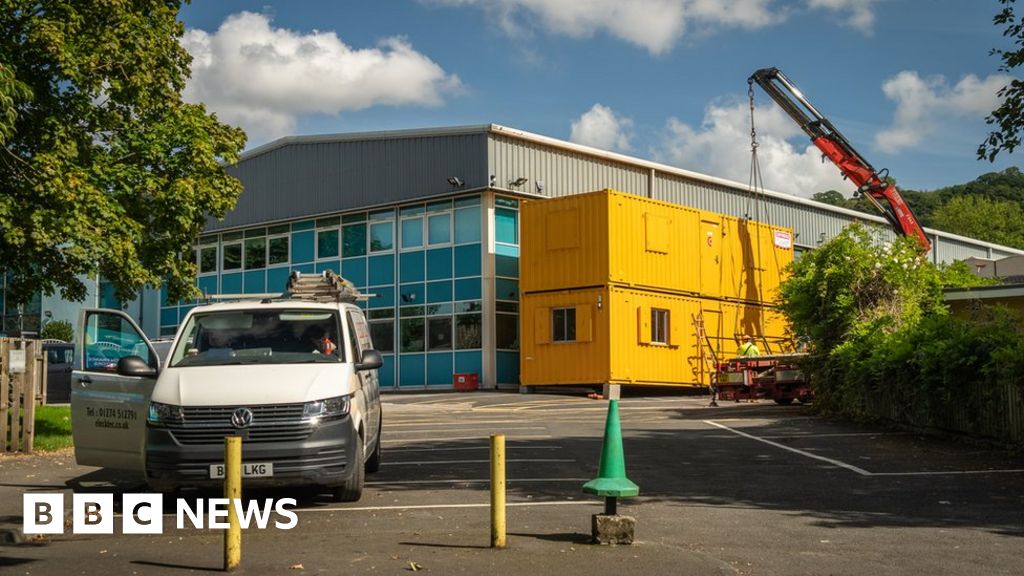- cross-posted to:
- unitedkingdom@feddit.uk
- cross-posted to:
- unitedkingdom@feddit.uk
“This is a lightweight “bubbly” form of concrete used widely between the 1950s and mid-1990s - usually in the form of panels on flat roofs, as well as occasionally in pitched roofs, floors and walls. It has a lifespan of around 30 years.”
A concrete panel expected to last 30 years was installed in 1995, in what year should you replace it?
What year math is that you suppose? Third grade? Fourth grade? Just asking…
Removed by mod
I just need to get the construction in under budget so that I can get my end of year bonus
Ah good ole capitalism at play. Gotta love it! No wonder we are all so absolutely fucked.
I never passed my OWLs so I don’t know
Well, as shitty as this is, it’s better that schools closed before an entire girl’s volleyball team was wiped out.
Holy shit!
Not due to the same issue, but holy shit.
Summary: construction next door to middle school dumped perlite on the roof of the middle school. The perlite absorbed water, got heavier, and broke the roof.
Fucking tragic.
This is the best summary I could come up with:
Schools in England must immediately shut buildings made with a type of concrete that is prone to collapse unless safety measures are in place, the government has said.
Safety measures include propping up ceilings in buildings made with reinforced autoclaved aerated concrete (RAAC).
The Department for Education (DfE) has not given a timeline for replacing the RAAC, but school leaders have called for an “urgent plan” to fix buildings.
A report by the National Audit Office (NAO) in June assessed the risk of injury or death from a school building collapse as “very likely and critical”.
It highlighted concerns for school buildings that still contained RAAC - a lightweight form of concrete prone to collapse, used widely between the 1950s and mid-1990s.
“The plan we have set out will minimise the impact on pupil learning and provide schools with the right funding and support they need to put mitigations in place to deal with RAAC”.
The original article contains 238 words, the summary contains 155 words. Saved 35%. I’m a bot and I’m open source!




